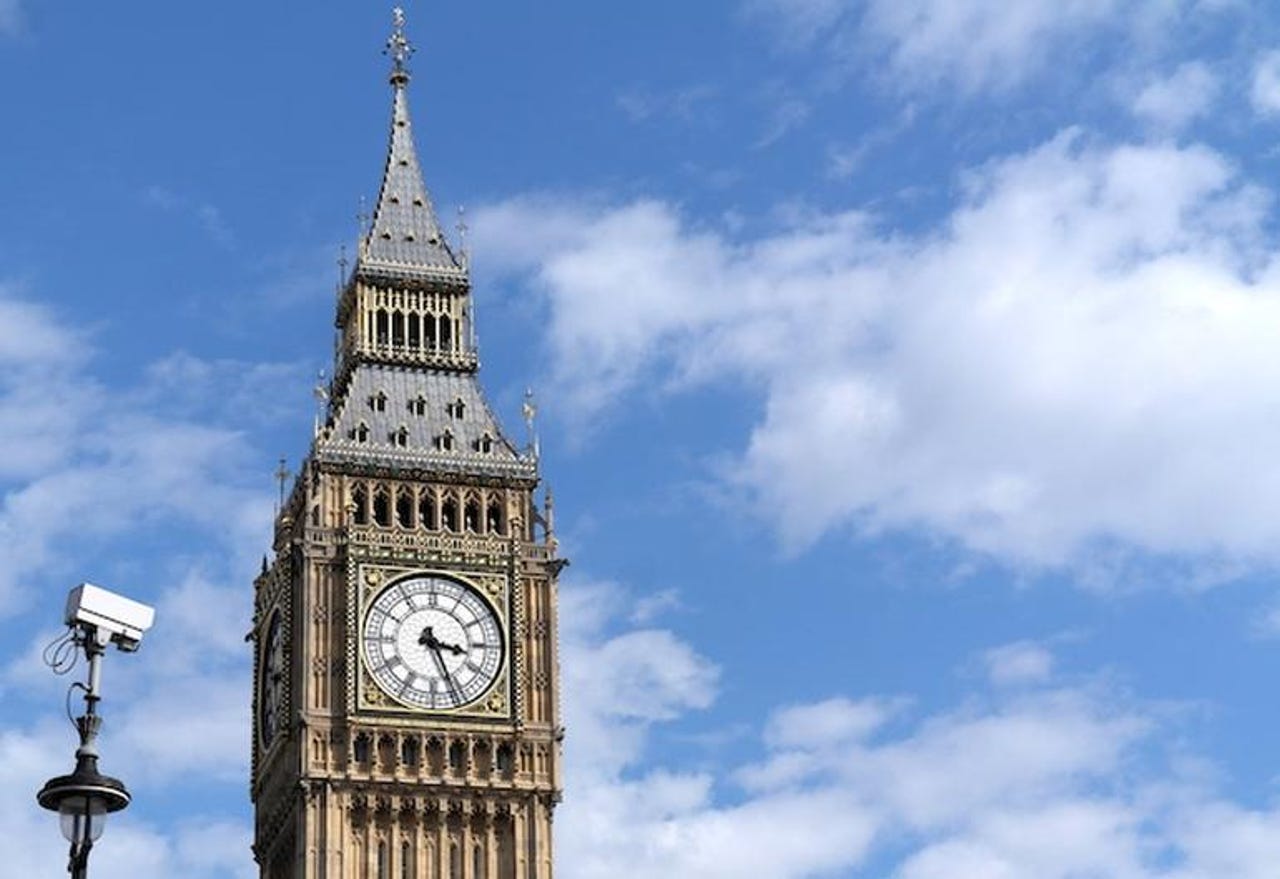Now the UN slams government web surveillance plans as disproportionate and intrusive

The UK government continues to push ahead with the Investigatory Powers Bill, despite criticisms of the legislation.
The United Nations has criticised the web surveillance legislation proposals of the UK government as disproportionate and a threat to the very spirit of privacy.
The criticisms come from the first annual report by Joseph A. Cannataci, the UN's special rapporteur on privacy -- and he's not impressed by the Investigatory Power's Bill being pushed through by the UK's Conservative government.
Dubbed the Snooper's Charter by critics, the Investigatory Powers Bill sets out new powers for the police to collect communications data, and despite the government claiming that there are safeguards around how it can be used, it has been met by strong resistance from privacy groups and the technology industry, with tech giants including Apple arguing that the proposals would endanger customer privacy. However, Home Secretary Theresa May still continues to push ahead with the plans, and Cannataci uses his report on the state of privacy in 2016 to plead for continued scrutiny of the legislation.
"The SRP [ the Special Rapporteur on privacy] firmly encourages the three committees of the UK Parliament commended above to continue, with renewed vigour and determination, to exert their influence in order that disproportionate, privacy-intrusive measures such as bulk surveillance and bulk hacking as contemplated in the Investigatory Powers Bill be outlawed rather than legitimised," he writes.
According to the report, "the serious and possibly unintended consequences of legitimising bulk interception and bulk hacking are not being fully appreciated by the UK Government".
Cannataci points to how UK legislation still has influence in the Commonwealth, which makes up a quarter of the UN's member states, and implies that those countries could employ their own versions of the IP Bill, infringing on the privacy rights of their citizens.
"The SRP encourages the UK Government to take this golden opportunity to set a good example and step back from taking disproportionate measures which may have negative ramifications far beyond the shores of the United Kingdom," he writes.
The United Nations therefore "invites" the UK government to "to show greater commitment to protecting the fundamental right to privacy of its own citizens and those of others and also to desist from setting a bad example to other states by continuing to propose measures".
Bulk collection of and hacking of data are singled out as the worst examples of the government failing to respect privacy, not just at an individual rights level, but also in many cases, at a legal level.
"Bulk interception and bulk hacking, which prima facie fail the standards of several UK Parliamentary Committees, run counter to the most recent judgements of the European Court of Justice and the European Court of Human Rights, and undermine the spirit of the very right to privacy," the report says.
The United Nations closes the section of the report on Britain's Investigatory Powers Bill by suggesting it should work with other nations "in an effort to identify proportionate measures which enhance security without being overly privacy-intrusive".
MPs are set to debate the Investigatory Power's Bill on 15 March, just two weeks after the final, 800-page draft of the bill was published. That's led to suggestions by privacy groups and even prominent Conservative MP David Davis, that the government is trying to rush the legislation through parliament without the opportunity for it to be properly scrutinised.
Read more on web surveillance
- The government's encryption plans remain impossible to decipher
- The new art of war: How trolls, hackers and spies are rewriting the rules of conflict
- Inside the secret digital arms race: Facing the threat of a global cyberwar
- Surveillance laws need rethink, but bulk collection of web data will continue
- The undercover war on your internet secrets: How online surveillance cracked our trust in the web
- The impossible task of counting up the world's cyber armies
- Encryption: More and more companies use it, despite nasty tech headaches
